100 Plastic Rivers – tracking the sources of plastic pollution from river to sea
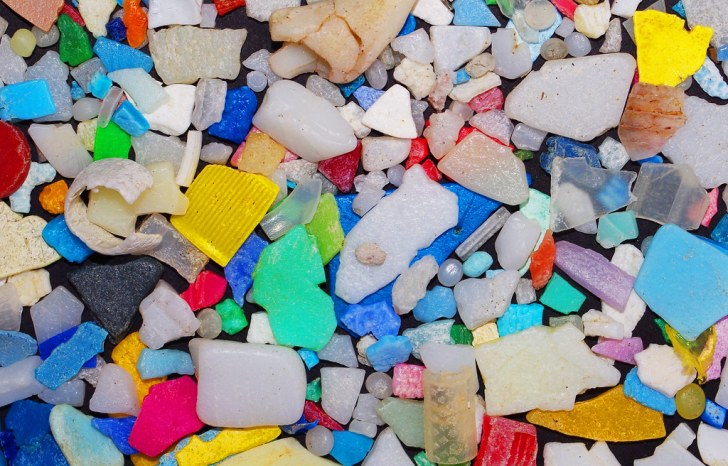
Microplastic fragments. Image: Wolfram Burner | Flickr Creative Commons
Plastic pollution is increasingly recognised as a major global environmental challenge, particularly in the world’s oceans. However, recent evidence shows that plastics are increasingly present in freshwater river systems, not only affecting the health and status of aquatic life, but also providing another source of plastics to marine environments.
A global initiative called the 100 Plastic Rivers Project investigates how plastics are transported and transformed in rivers and how they accumulate in river and estuary sediments, where they can leave a long-lasting pollution legacy.
The project has been working with scientists in more than 60 locations across the world to sample water and sediment in rivers for both primary microplastics (such as cosmetic microbeads) and secondary microplastics (from larger plastic items which have broken down, or clothing fibres).
By assessing freshwater and oceanic systems as interlinked, the aim of the project is to better understand how we might manage the global plastic crisis. 100 Plastic Rivers Project researchers suggest that our ability to assess global risks from microplastic impacts on environmental and public health is limited by a lack of knowledge of their transport, deposition and uptake through aquatic ecosystems. A key question here concerns the toxicological effects microplastics can have on aquatic food webs.
Project lead Professor Stefan Krause, of the School of Geography, Earth and Environmental Sciences at the University of Birmingham, UK, explains, “Even if we all stopped using plastic right now, there would still be decades, if not centuries-worth of plastics being washed down rivers and into our seas.
We’re getting more and more aware of the problems this is causing in our oceans, but we are now only starting to look at where these plastics are coming from, and how they’re accumulating in our river systems. We need to understand this before we can really begin to understand the scale of the risk that we’re facing.”
The 100 Plastic Rivers Project aims to provide an overview of the global distribution of microplastics in freshwater ecosystems, using newly-developed standardised sampling protocols and extraction methods. All of the data collected will be GPS and date tagged and uploaded into an open-access database for researchers to use. One of the key advances made by the project – funded by the Leverhulme Trust, the EU Horizon 2020 Framework, the Royal Society and the Clean Seas Odyssey – is a ‘toolkit’ of approaches for assessing microplastic pollution in river systems.
The initial results of the project are being presented this week at the General Assembly of the European Geosciences Union (EGU), in Vienna, Austria. They show a huge diversity in the types and sources of plastic found in selected river estuaries in the UK and France.
In a recent pilot study, the 100 Plastic Rivers team at the University of Birmingham collaborated with the Clean Seas Odyssey citizen science project to ‘field-test’ their sampling methods. Working with members of the public in river estuaries around the UK and France coast, the team gained an insight into the different types of microplastic accumulating in estuary sediment. This initial picture suggests that even in countries bound by strict EU water pollution policies, there are numerous sources of plastic contributing to high concentrations of microplastics in river systems.
The project is looking for more partners, so if you are currently working on microplastics or already work in a freshwater system and can collect sediment and water samples, the 100 Plastic Rivers team can send you a sample kit and standardised protocol. Samples can then be sent back to the University of Birmingham for analysis. We will follow the progress of the 100 Plastic Rivers Project, and report back on the findings of their important work in the future.


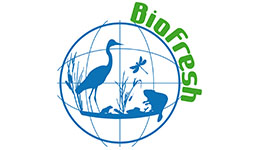


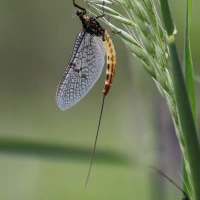
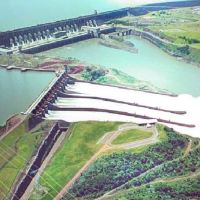


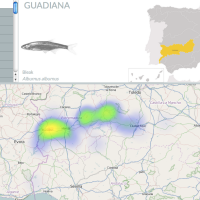
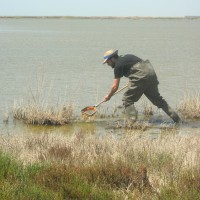
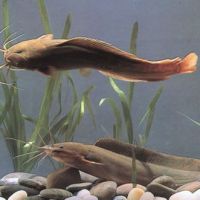

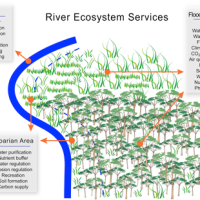
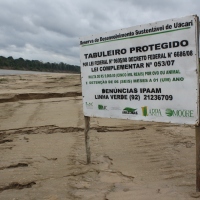
Comments are closed.